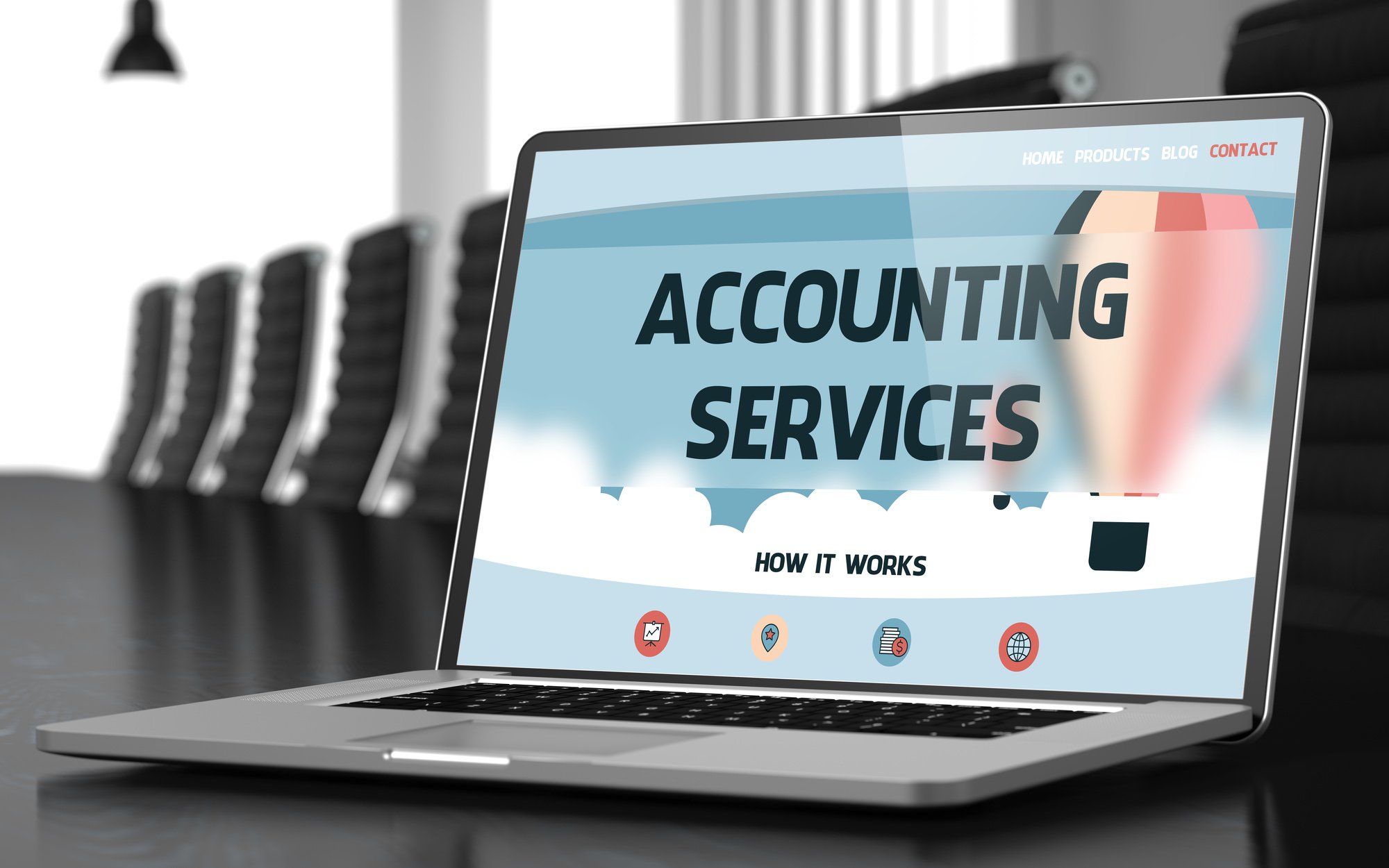Owning a rental property can be a rewarding investment — but it comes with responsibilities beyond collecting rent. Keeping your books in order is one of the most important (and overlooked) parts of successful property ownership.
Poor recordkeeping can lead to missed deductions, unnecessary stress at tax time, and inaccurate cash flow tracking. Fortunately, a few simple accounting practices can keep you organized and confident in your rental’s financial performance.
Here are five essential tips for effective rental property accounting.
1. Keep Business and Personal Finances Separate
One of the most common mistakes new landlords make is mixing personal and rental finances. Open a separate checking account for your rental property to handle all income and expenses related to it.
This separation makes it easier to:
Track rent payments and maintenance costs
Simplify tax filing and reporting
Clearly document income for lenders or investors
Some property owners even create separate accounts for each property to keep transactions organized and simplify year-end reporting.
2. Track Every Transaction
Every payment matters — from rent deposits to late fees and repair invoices. Record income and expenses consistently, and categorize them properly in your accounting system.
Examples of income include:
Monthly rent
Security deposits (held in escrow)
Late payment or pet fees
Examples of expenses include:
Property taxes and insurance
HOA fees and utilities
Accurate tracking makes it easier to analyze profitability and identify deductions at tax time.
3. Use Reliable Tools or Software
Whether you prefer a simple spreadsheet or accounting software, consistency is key. Choose a system that lets you:
Record transactions in real time
Generate monthly and annual reports
Back up your records automatically
If managing this sounds overwhelming, a property management company can handle financial tracking and reporting for you — ensuring accuracy and compliance with local and federal laws.
4. Work With a CPA or Property Accounting Expert
Rental property taxes can get complicated quickly. Hiring a certified public accountant (CPA) or working with a property manager who partners with one can help ensure:
Accurate tax filings and deductions
Proper depreciation reporting
Compliance with Georgia landlord tax requirements
A professional can also help you forecast expenses and make smarter investment decisions for your next property.
5. Reconcile Regularly
Reconciliation is your financial safety check — comparing your accounting records with your actual bank statements. This step helps you catch missing deposits, duplicate payments, or unnoticed fees before they snowball into larger problems.
Set a recurring reminder each month to review your books, receipts, and online transactions.
Let PMI North Atlanta Handle the Details
Rental property accounting doesn’t have to be stressful. With PMI North Atlanta, you’ll have access to professional bookkeeping, transparent reporting, and detailed monthly owner statements — all handled by a team that understands local rental laws and landlord needs.
Ready to simplify your rental management?
Contact PMI North Atlanta today to learn how we can take the paperwork off your plate and help you focus on growing your investment.


